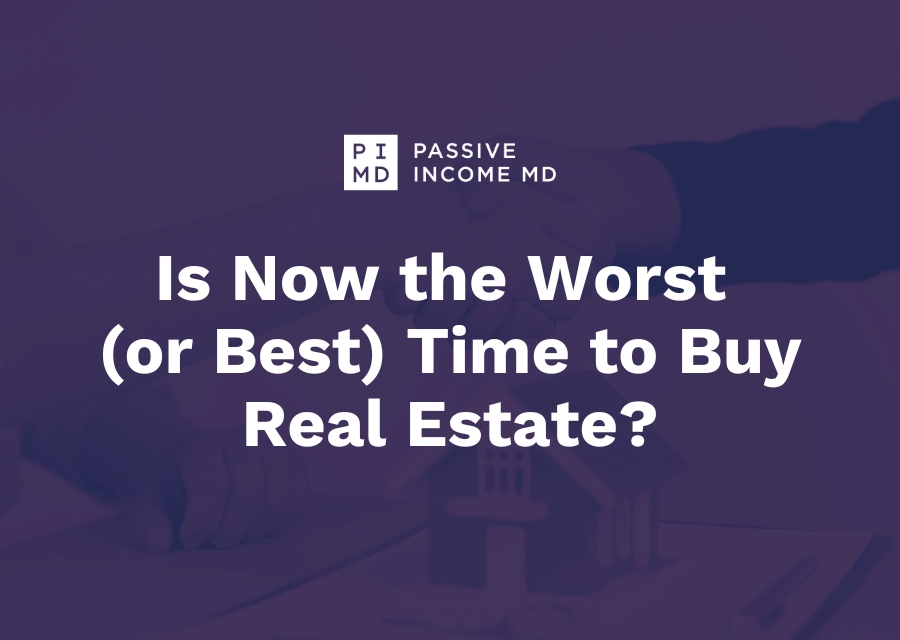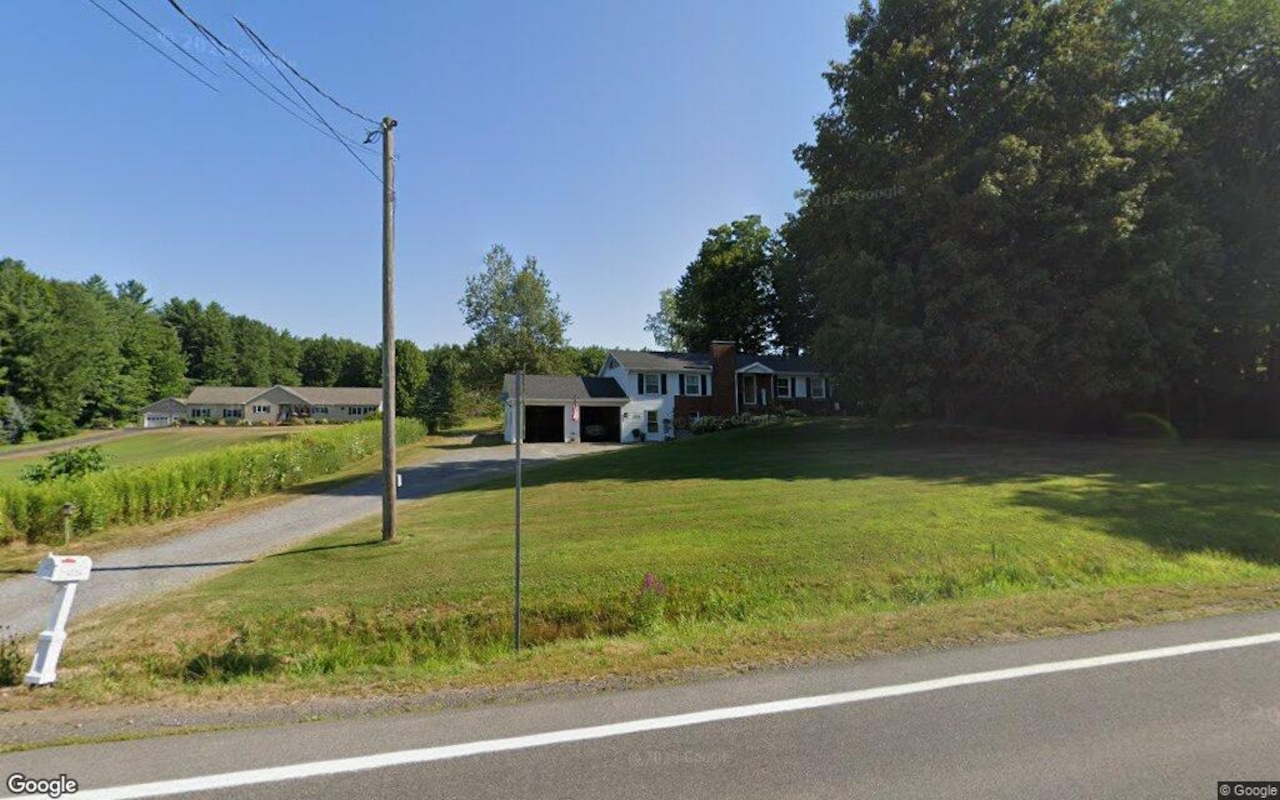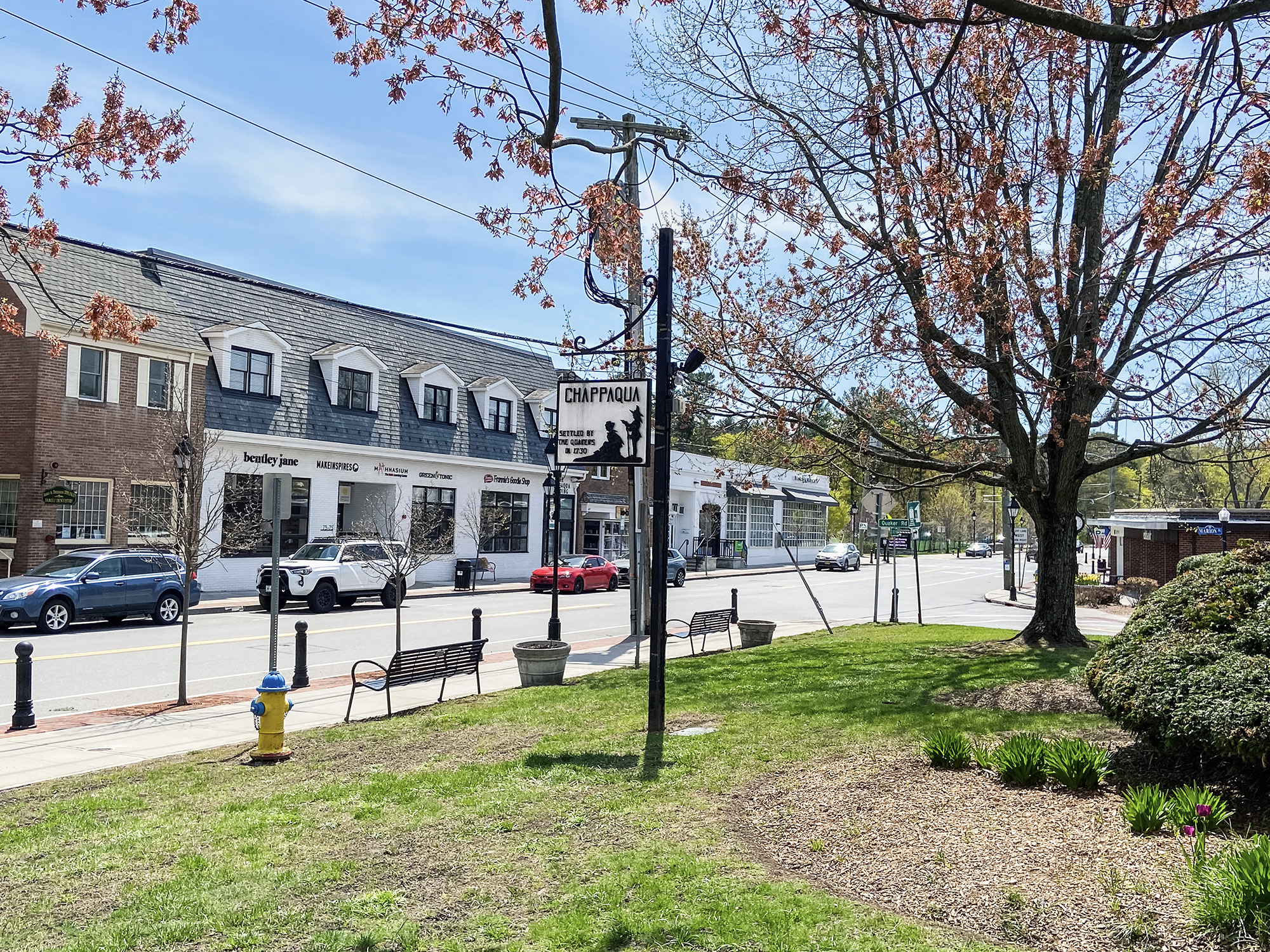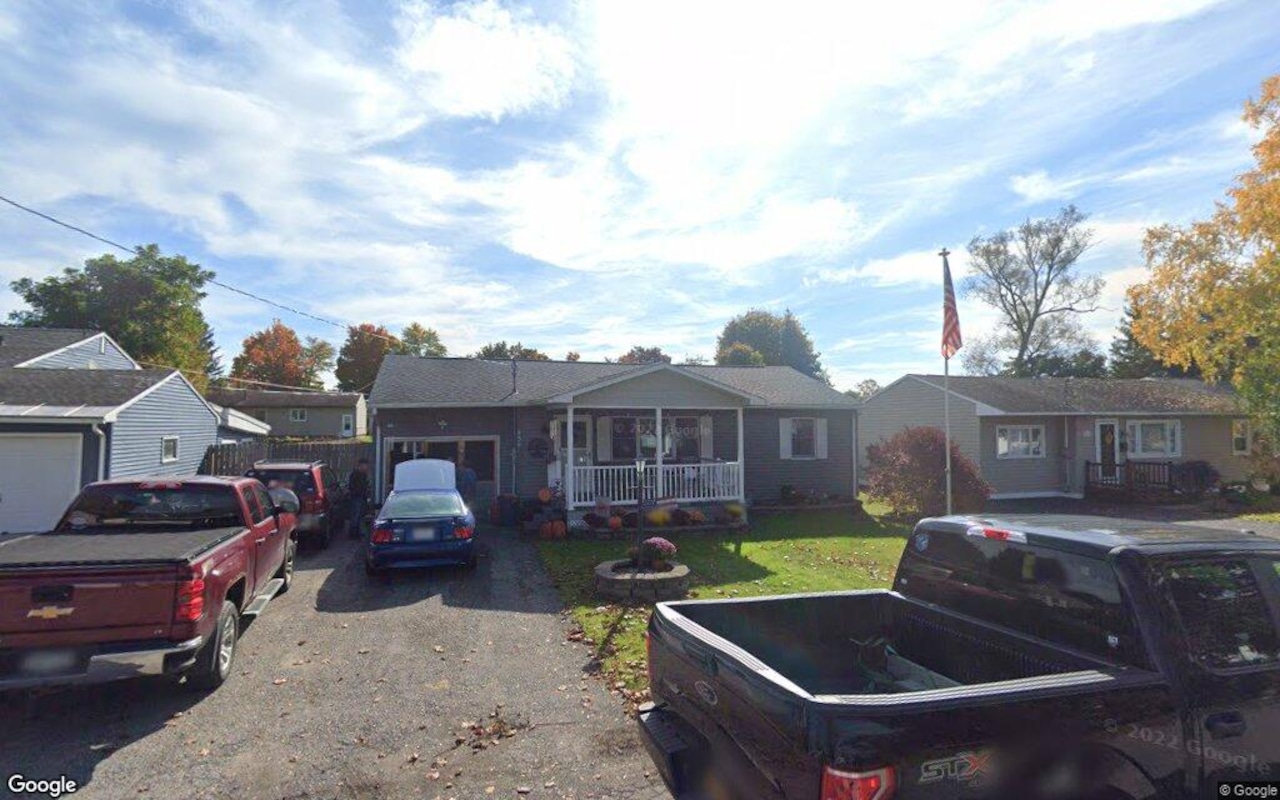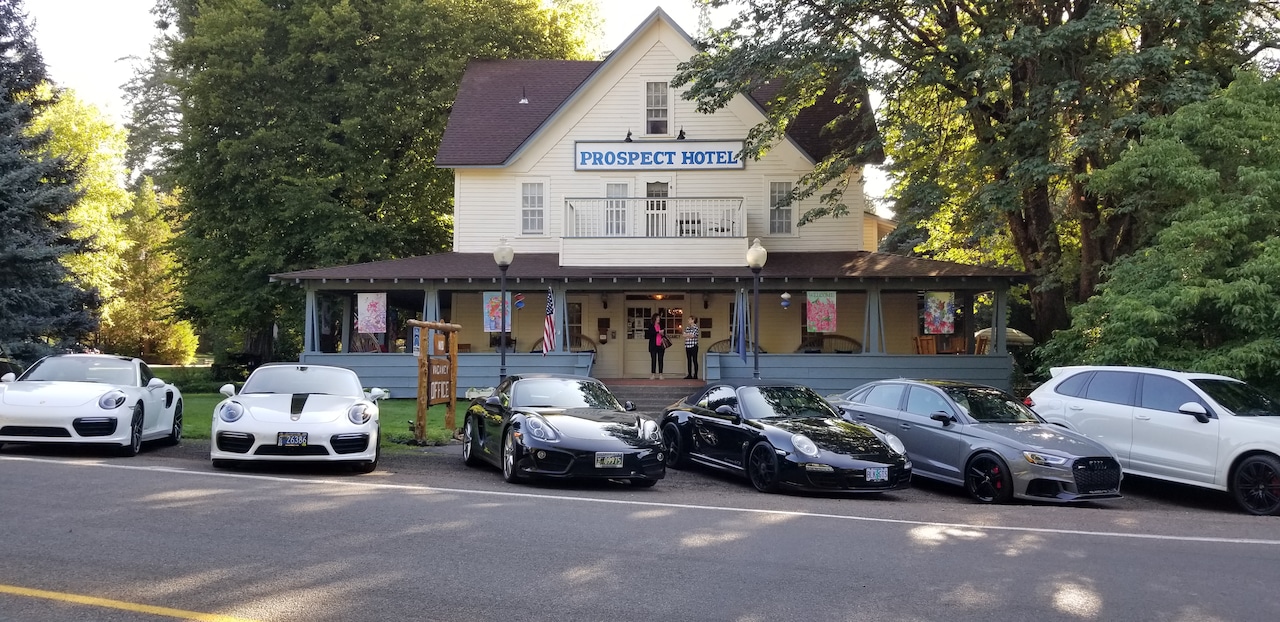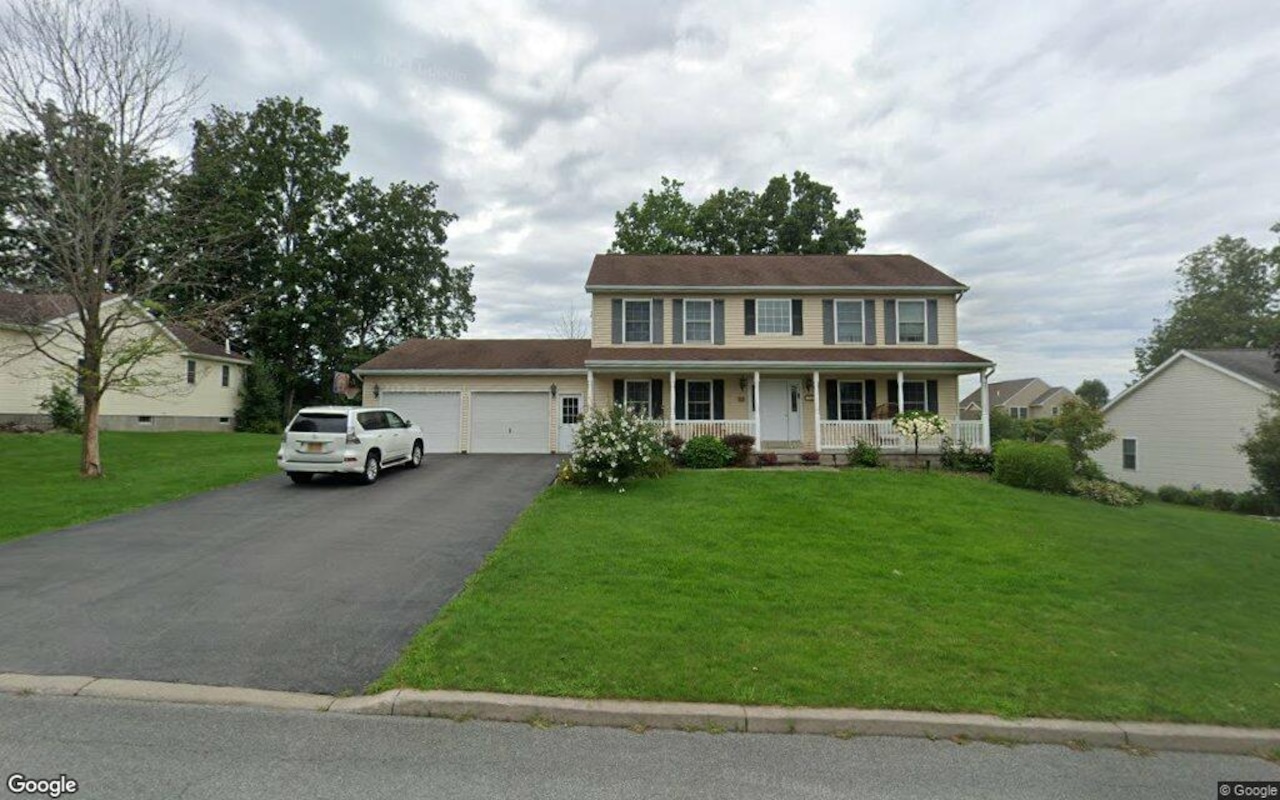E
verywhere you look, headlines are warning that high interest rates and borrowing costs make it a bad time to buy real estate. For physicians and other busy professionals already stretched thin by student loans, unpredictable schedules, and rising living costs, this message can be discouraging enough to put investing on hold.
However, is this really the smartest move? Or could this be one of the best opportunities to invest in real estate we've seen in years? The answer isn't as simple as "rates are high, so don't buy." In fact, if you're willing to think long-term, there are compelling reasons why real estate still belongs in your wealth-building strategy.
Mortgage rates may be higher than they were a couple of years ago, but that's not unusual. If you go back to the mid-2000s, rates were in the 6% to 7% range, and things were humming along. Today's environment doesn't look so bad when viewed through this lens.
So why are savvy investors still buying property even in a high-rate environment? Because real estate isn't just about interest rates; it's about the bigger financial picture. Here are a few enduring advantages:
* Equity growth: Property values tend to rise over time, leading to significant appreciation.
* Tax benefits: Depreciation, mortgage interest deductions, and other tax strategies can offset income and reduce your overall tax bill.
* Inflation protection: Rents and property values generally rise with inflation, making real estate a natural hedge.
* Leverage: You can control a large asset with a relatively small amount of your own money.
Investors who get burned are usually those with short timelines, trying to buy and flip in six months or speculate on quick appreciation. But if you're holding property for the long haul, whether as a rental, second home, or primary residence, the story looks very different.
Rates will eventually cycle, so buying today doesn't lock you into today's rate forever. If rates drop, you can refinance and lower your monthly payments. In the meantime, you've been gaining equity and enjoying tax benefits, advantages you'd miss if you stayed on the sidelines.
One of the best adjustments you can make in this environment is to rethink how you analyze deals. Instead of obsessing over interest rates alone, ask:
* Does this property make sense as a long-term wealth builder?
* Even if cash flow is tight now, does the appreciation potential or location justify the purchase?
* Am I factoring in tax advantages when calculating returns?
* How does this fit into my overall financial plan?
As physicians, we know what it feels like to be stuck in the medical hamster wheel. Real estate is one of the most proven paths out of that cycle. It's not just about making a return on paper; it's about building options:
* The option to cut back at work without fear.
* The option to spend more time with your family.
* The option to retire early or pivot into something new.
Yes, interest rates affect the math, but they don't change the fact that real estate remains one of the best vehicles for financial freedom, especially for physicians.
